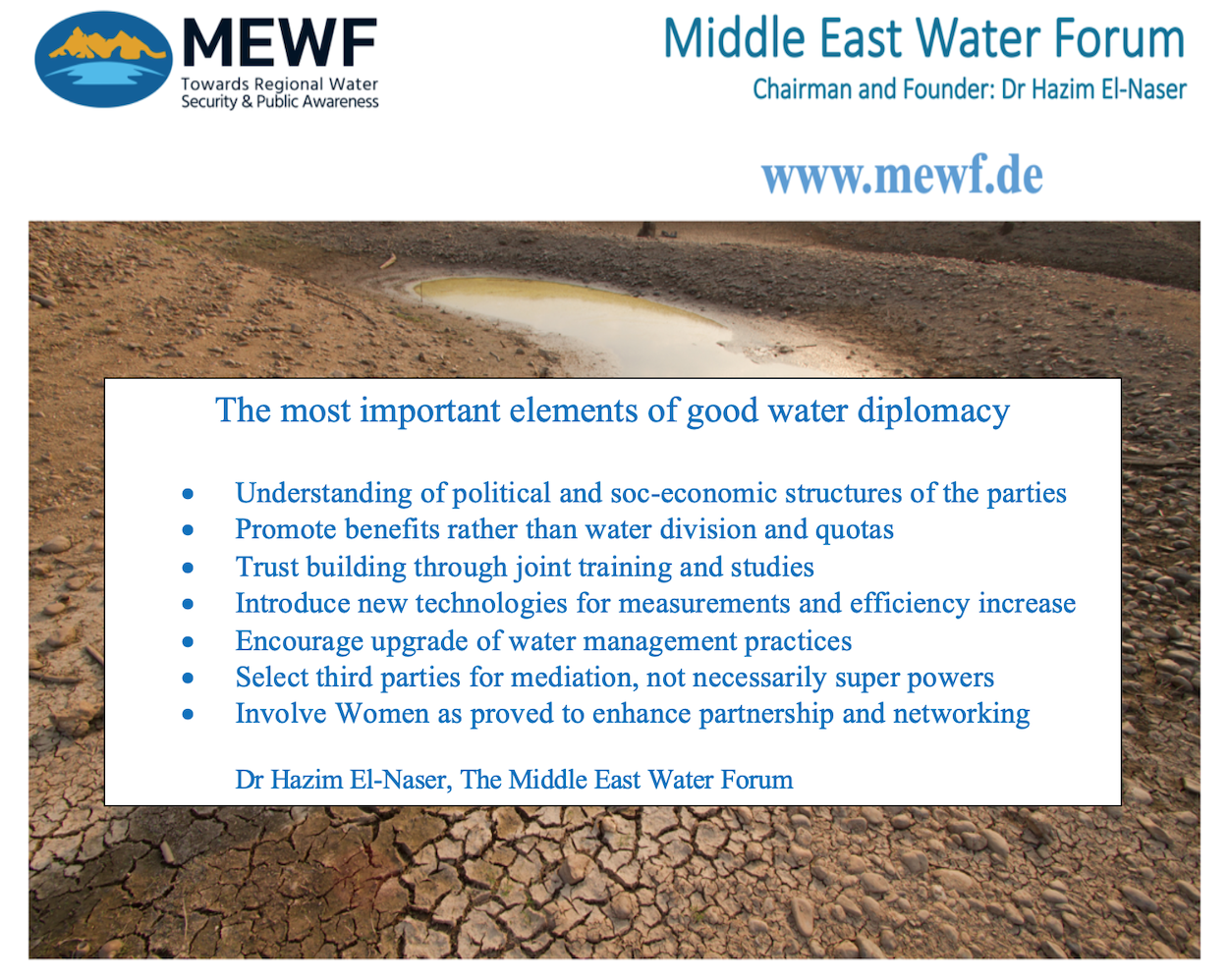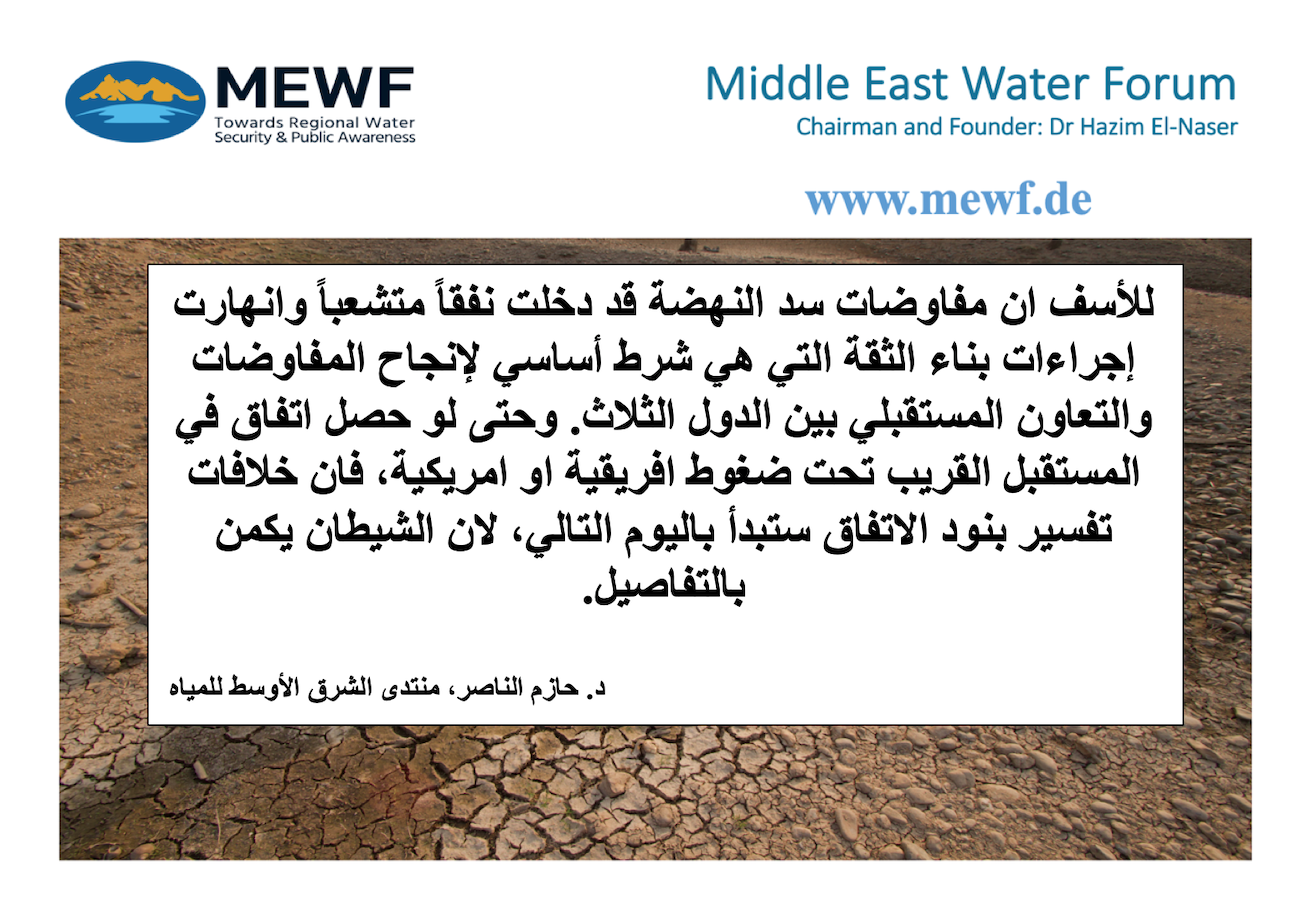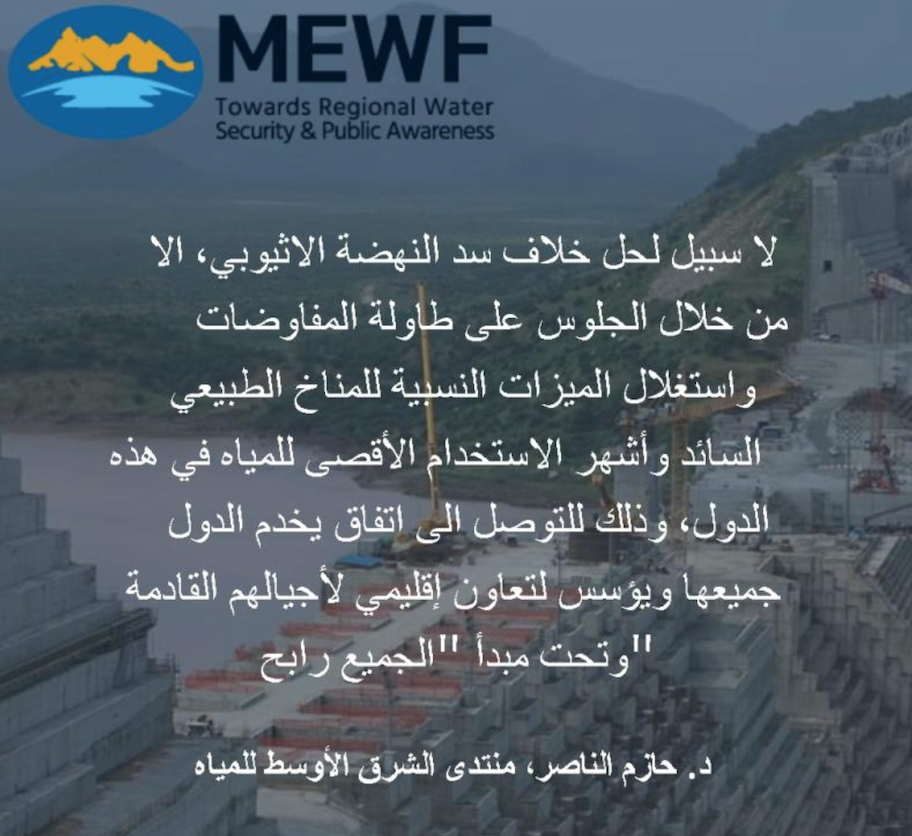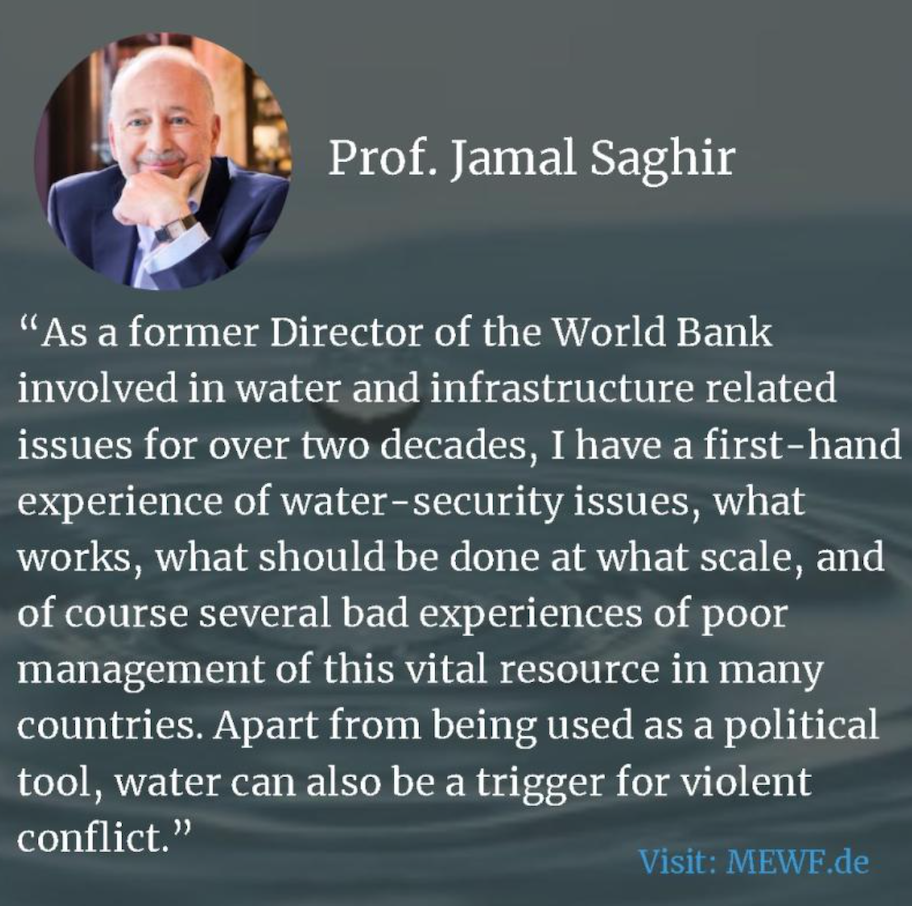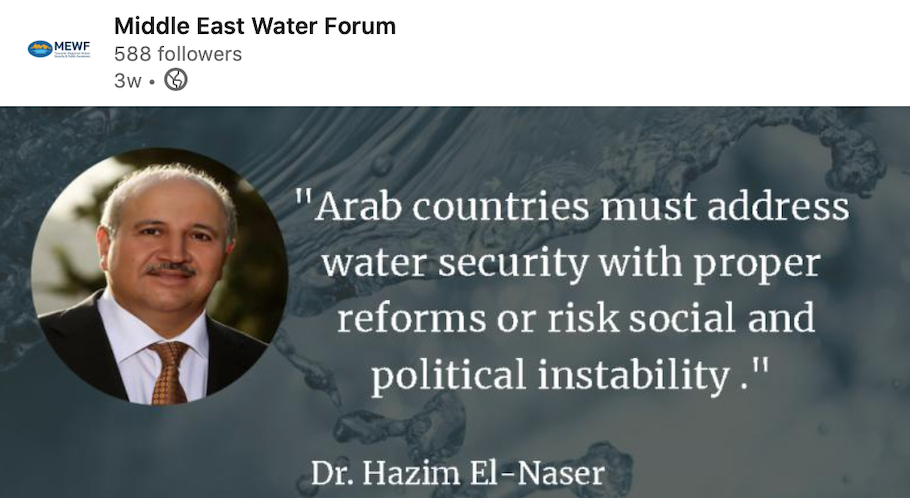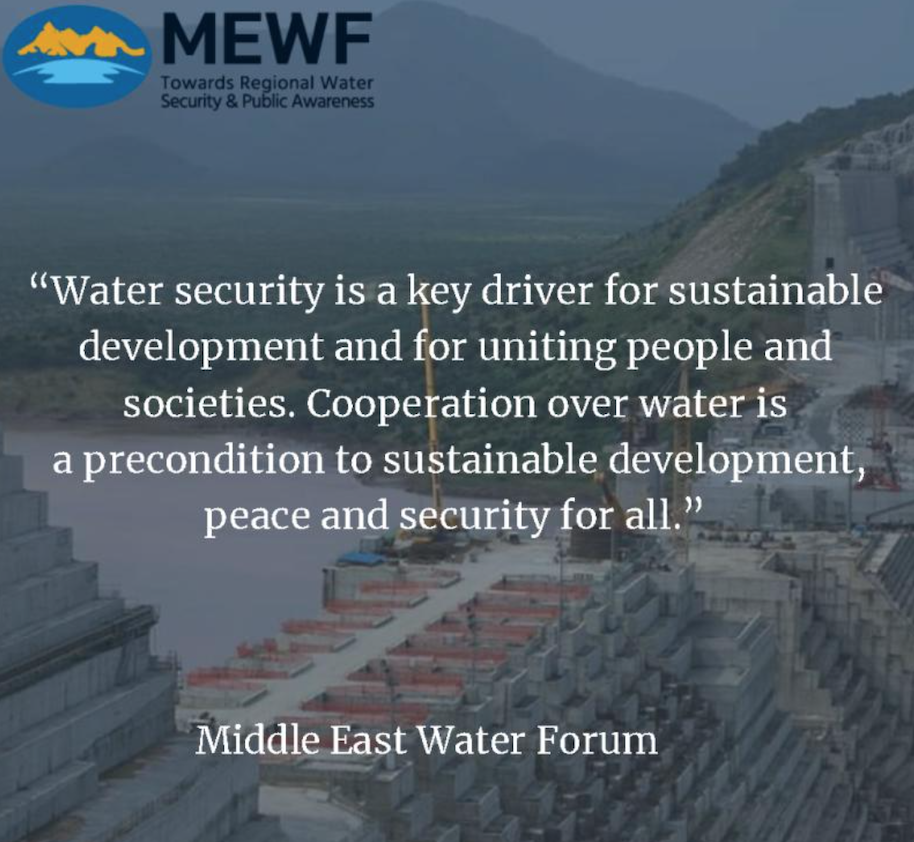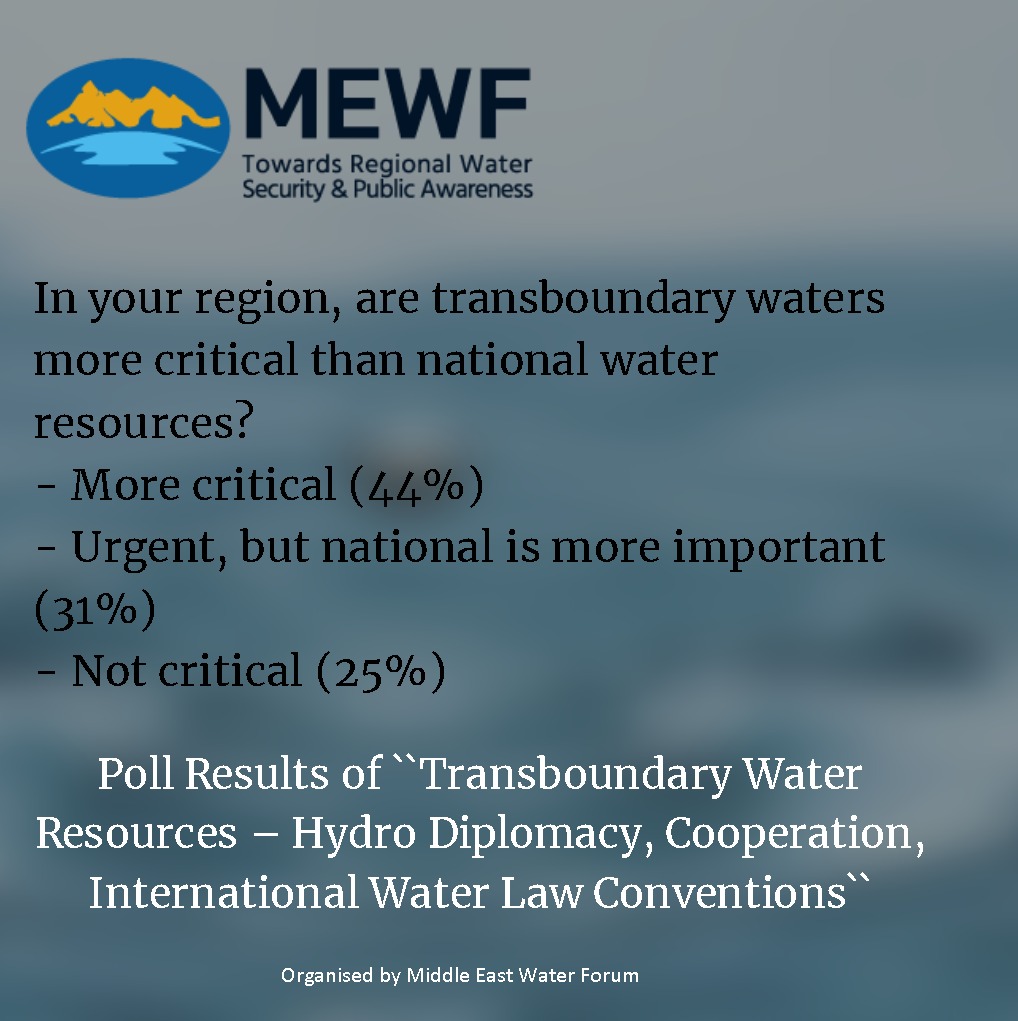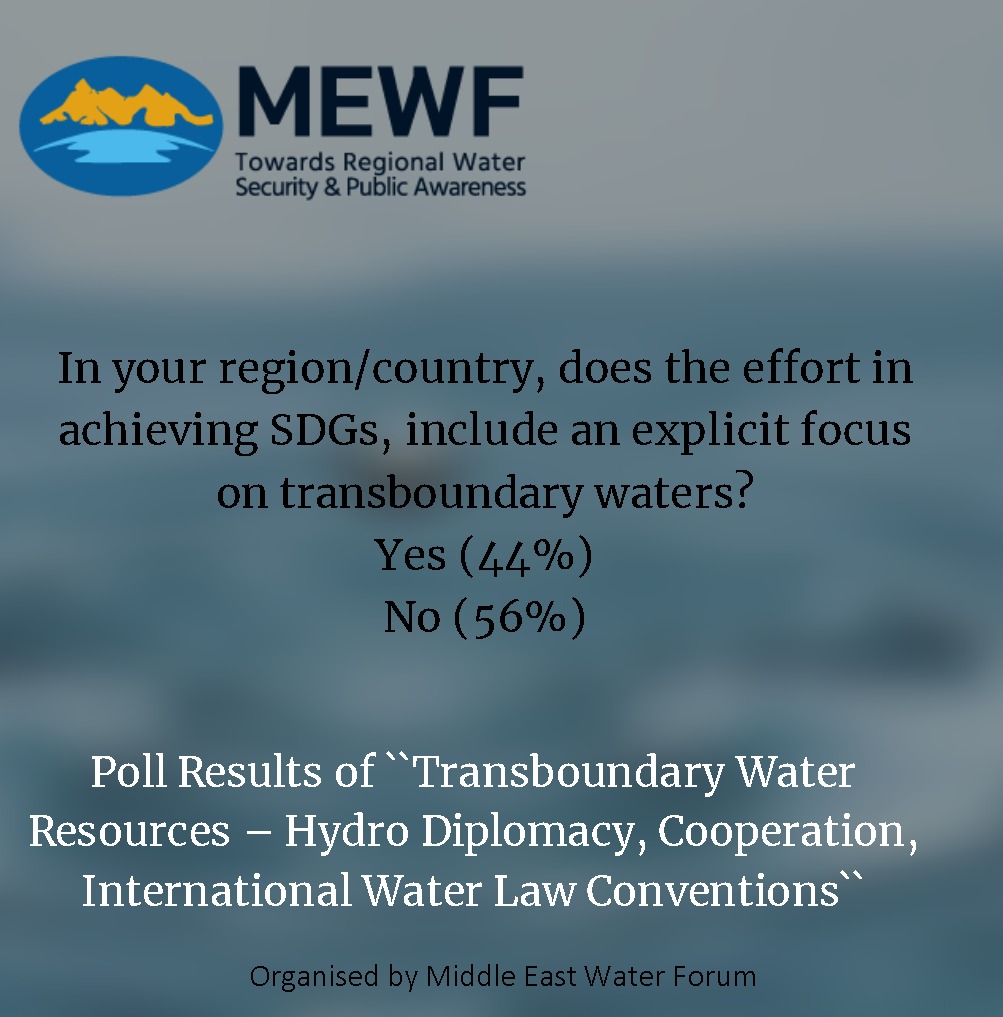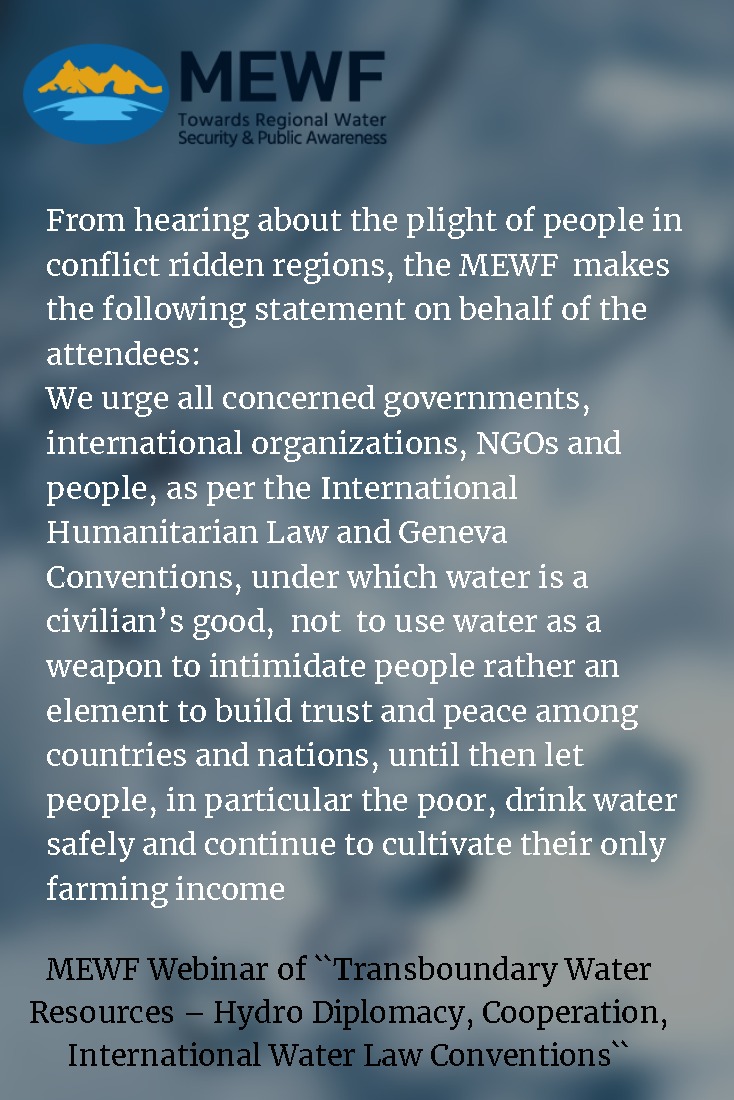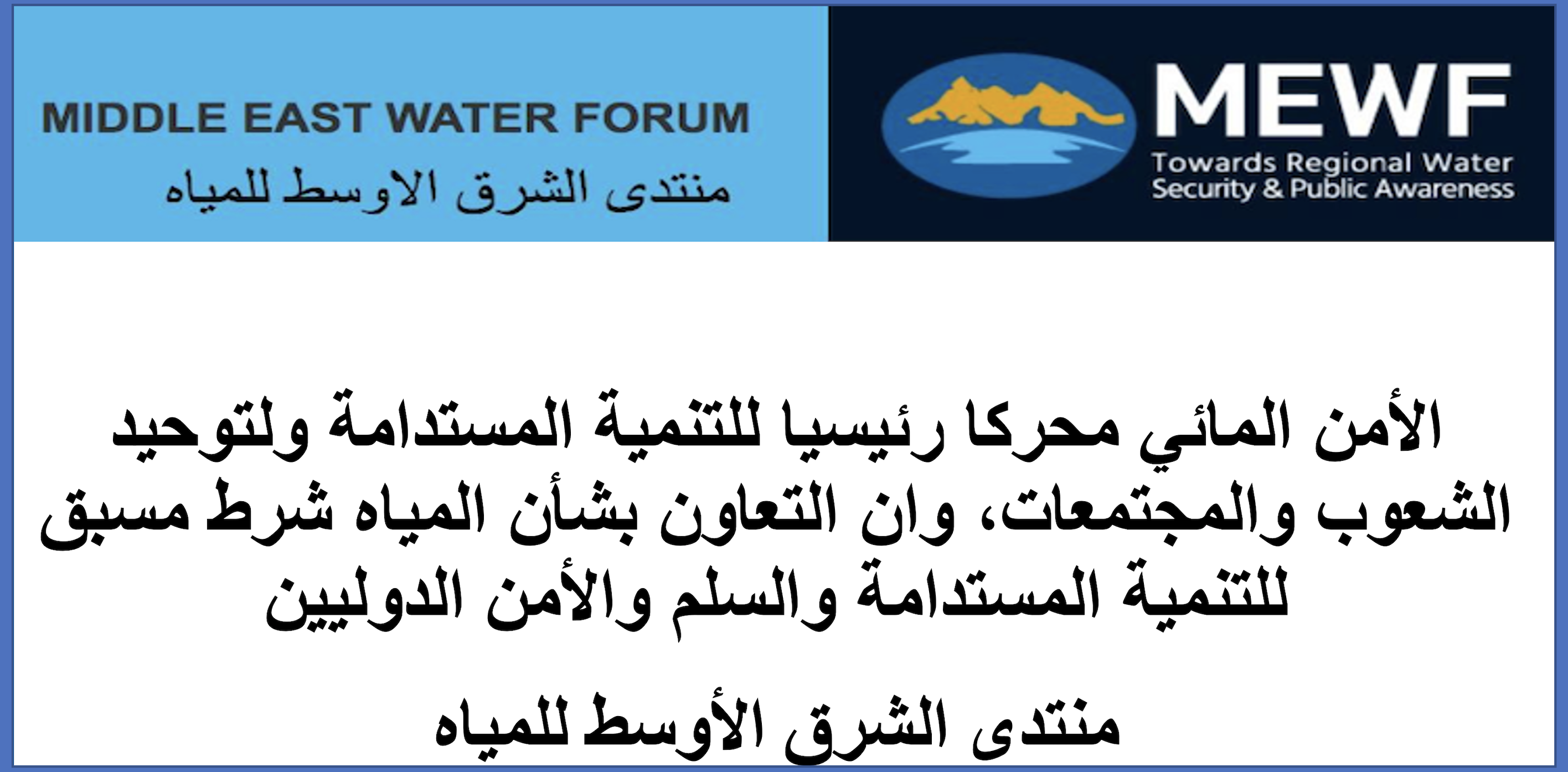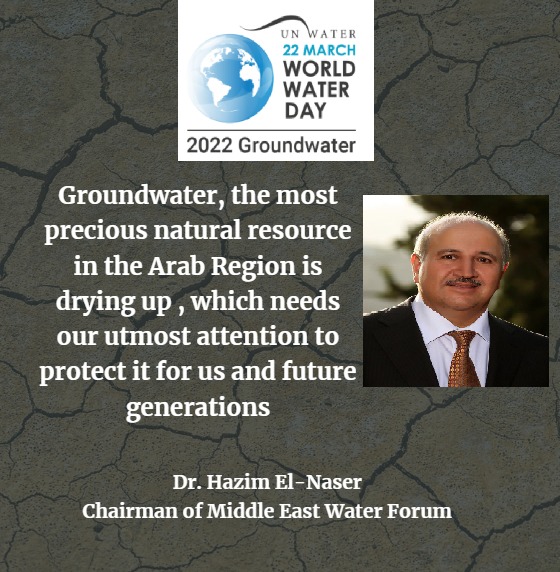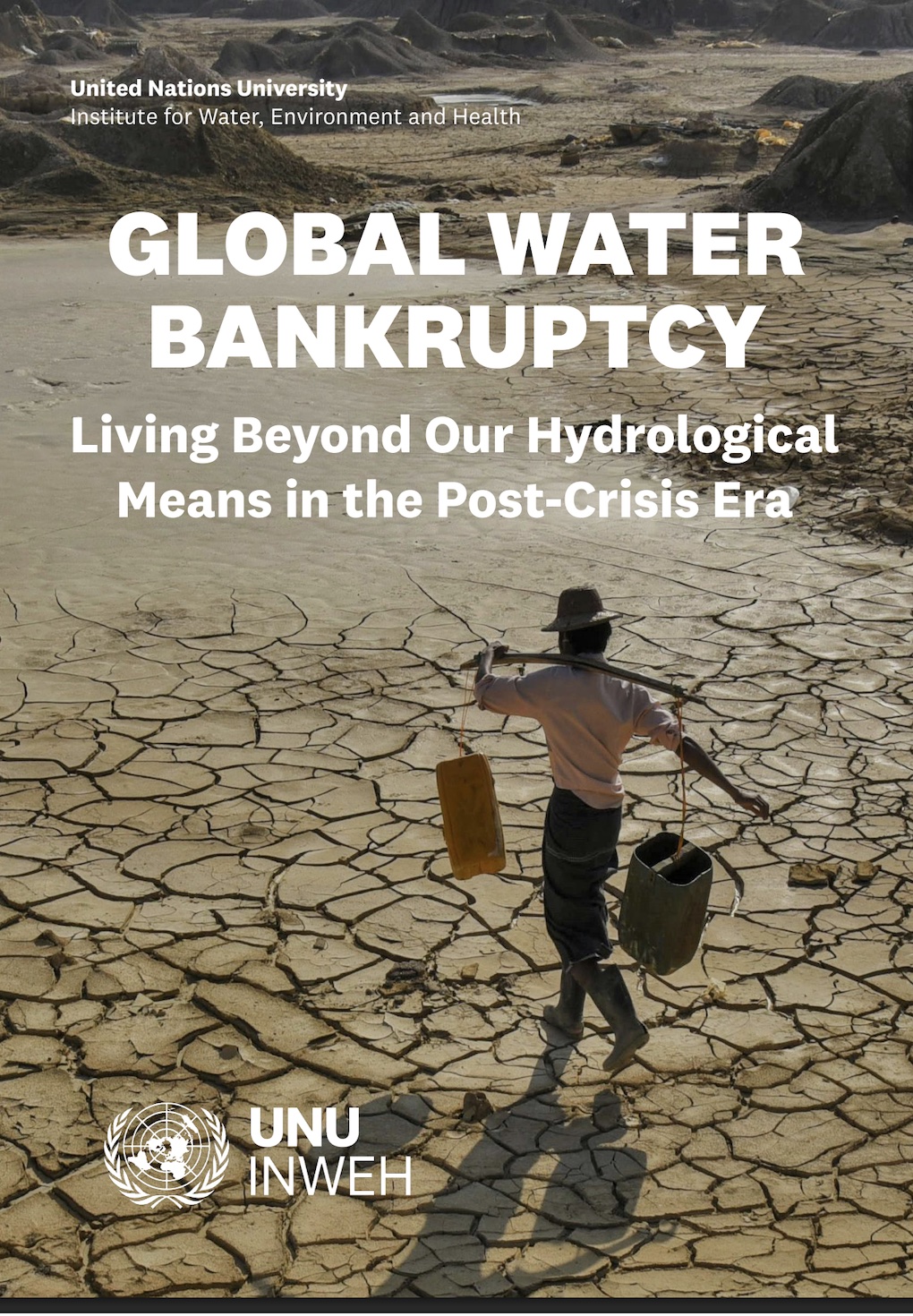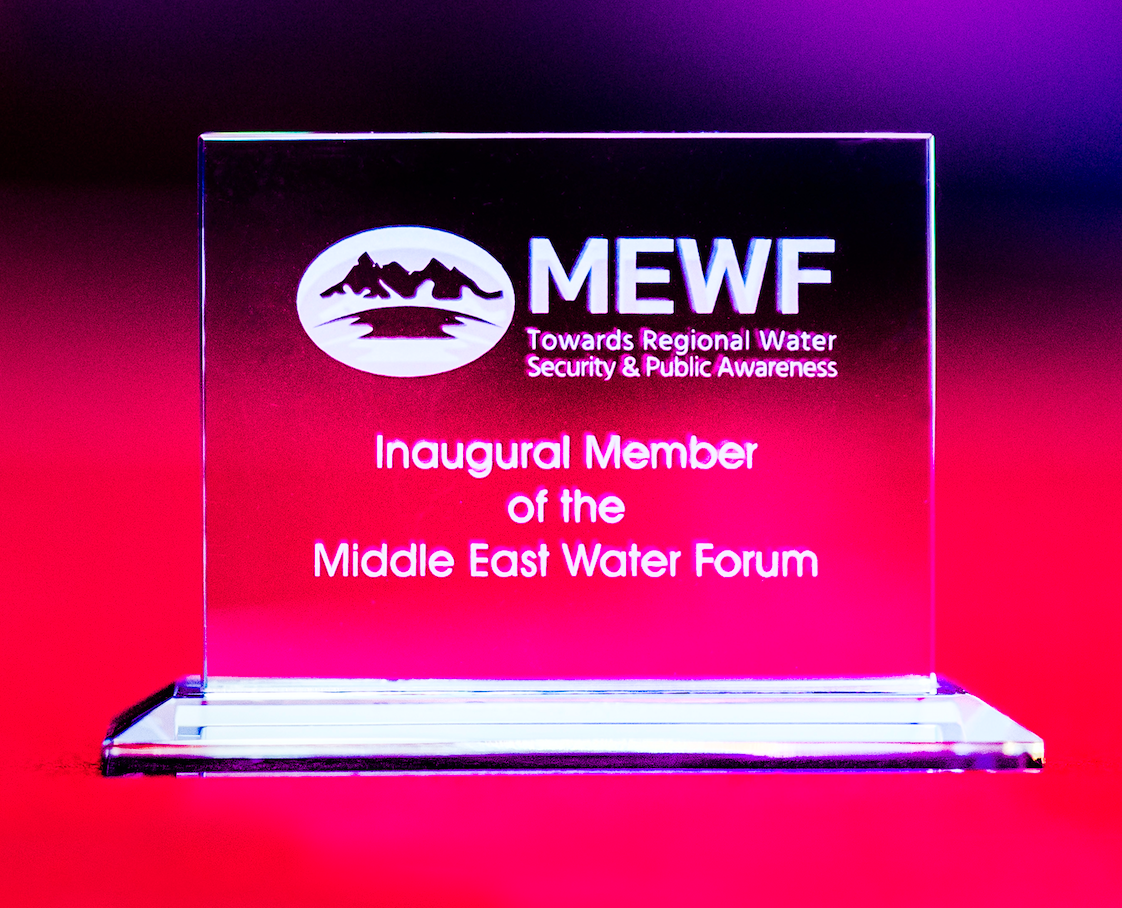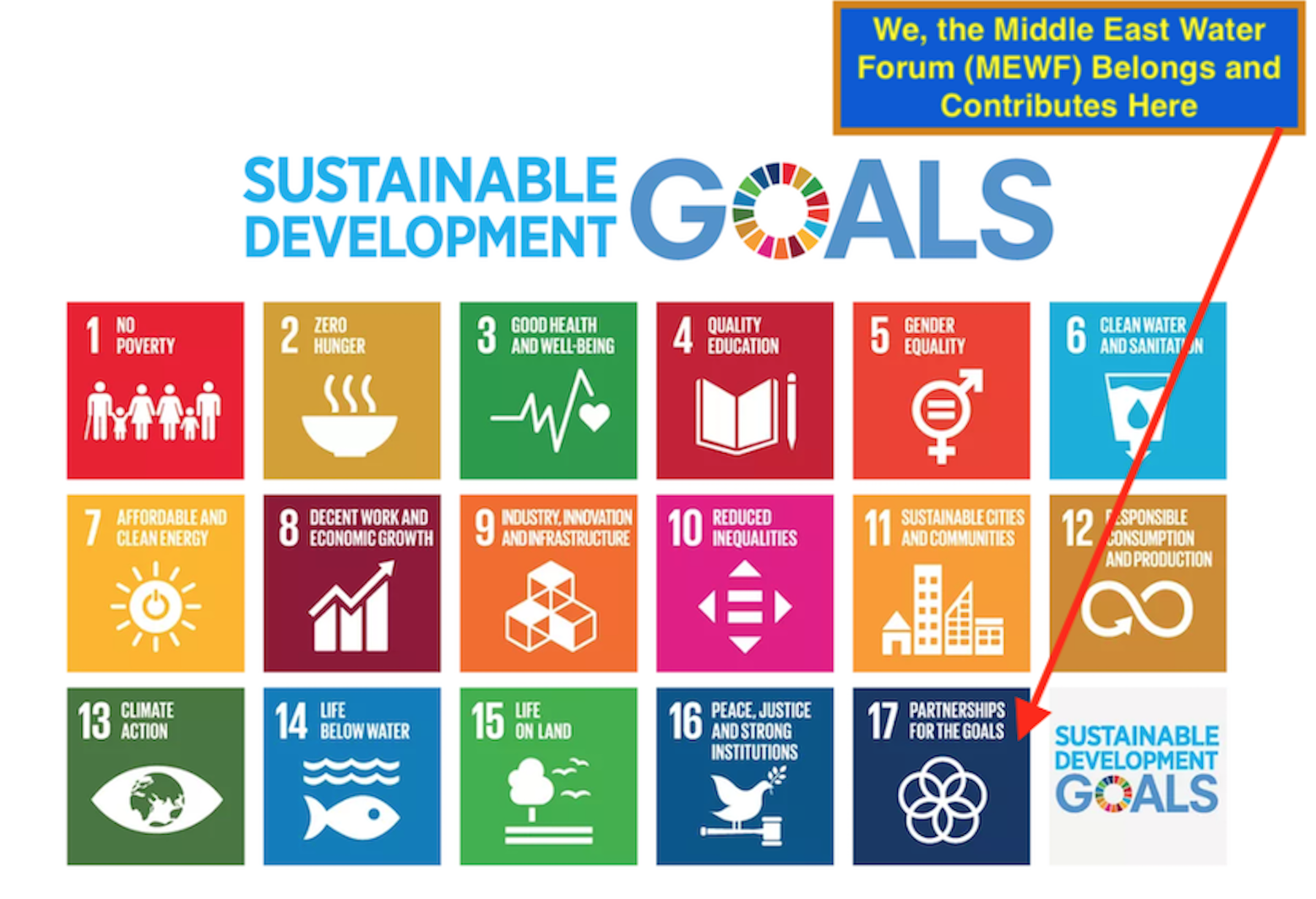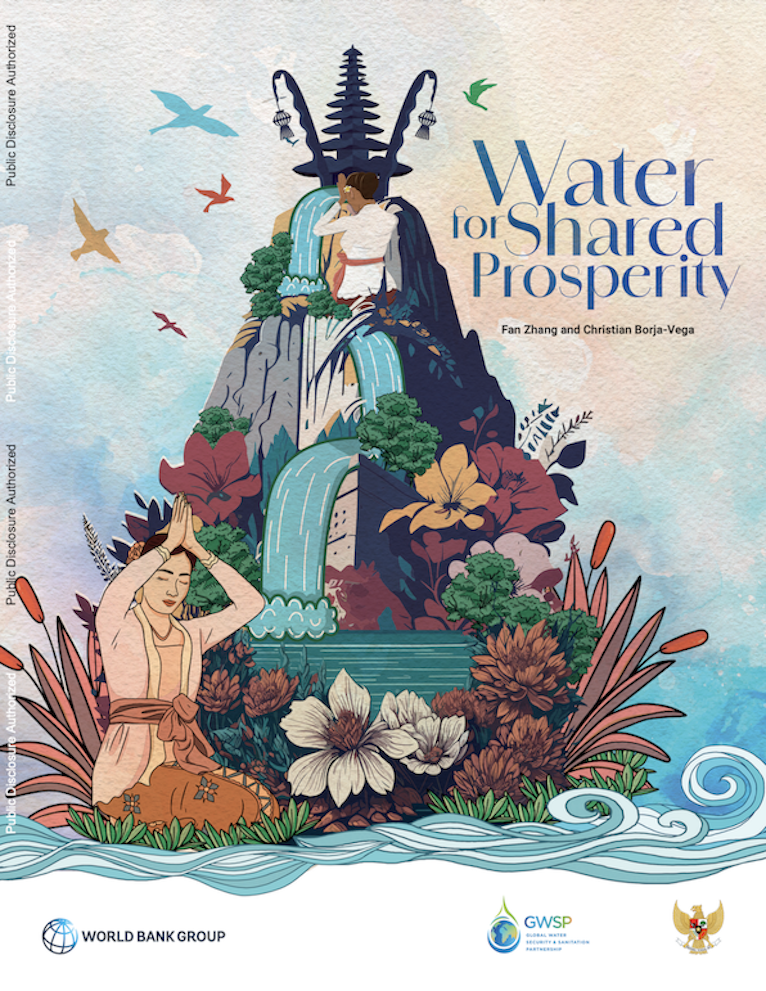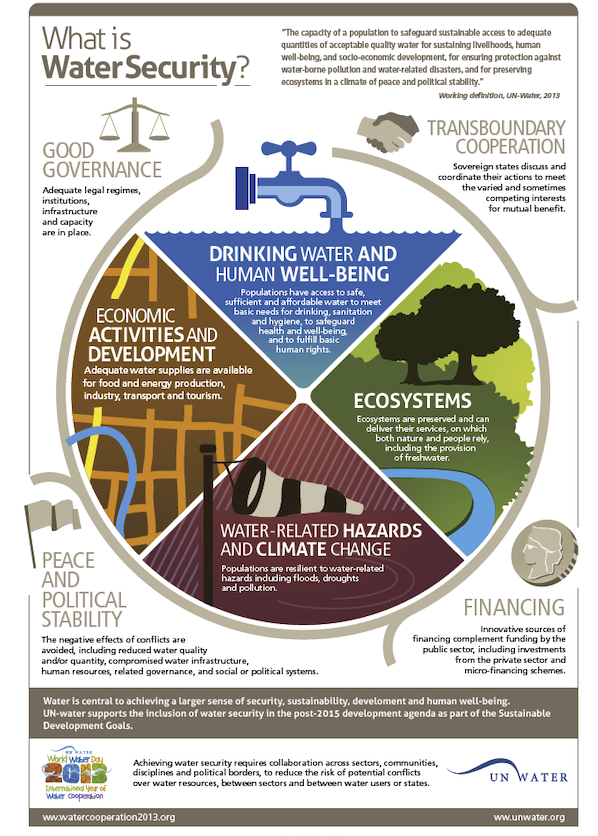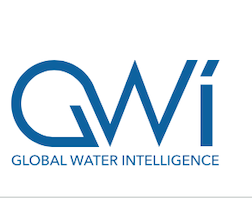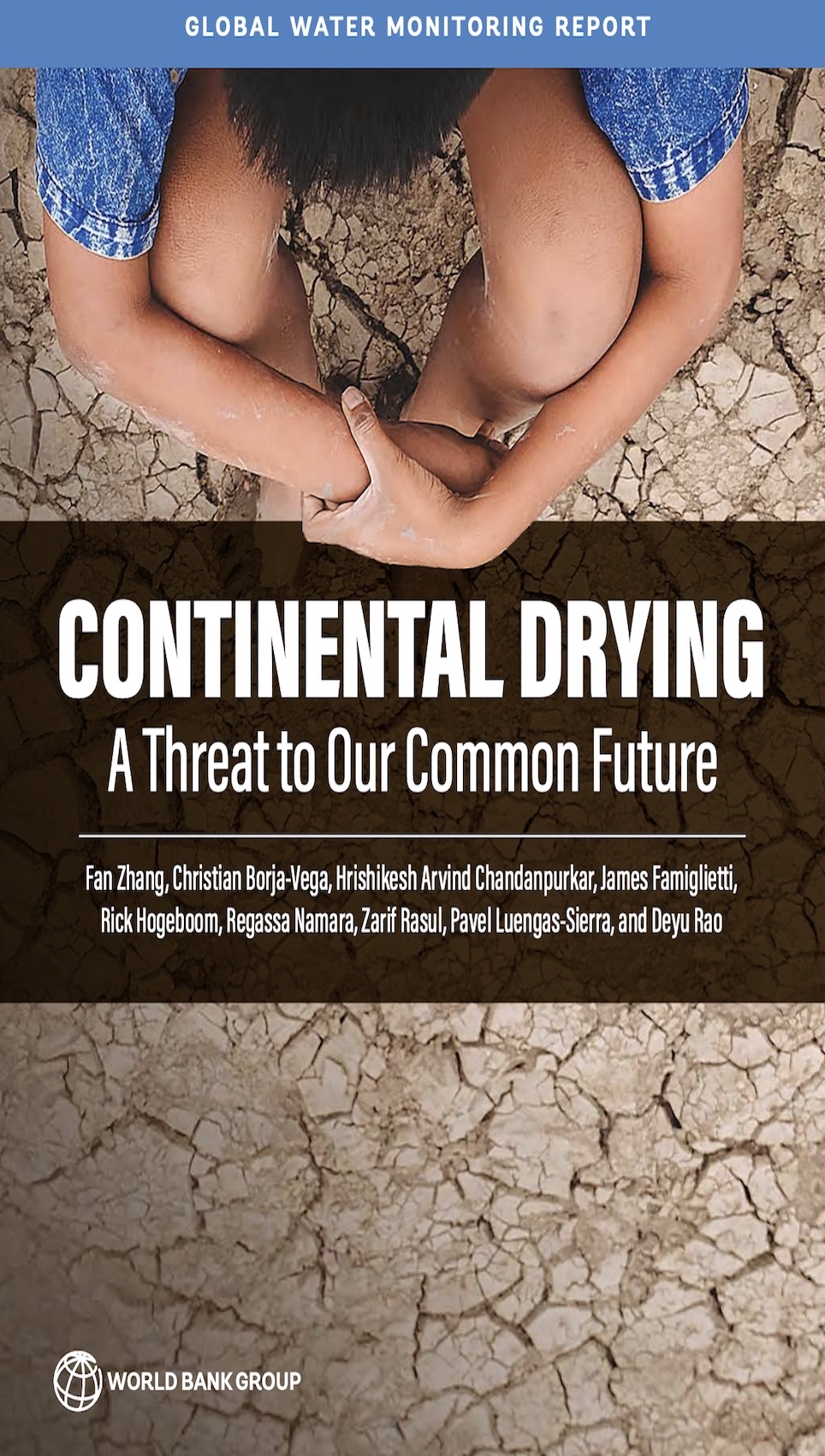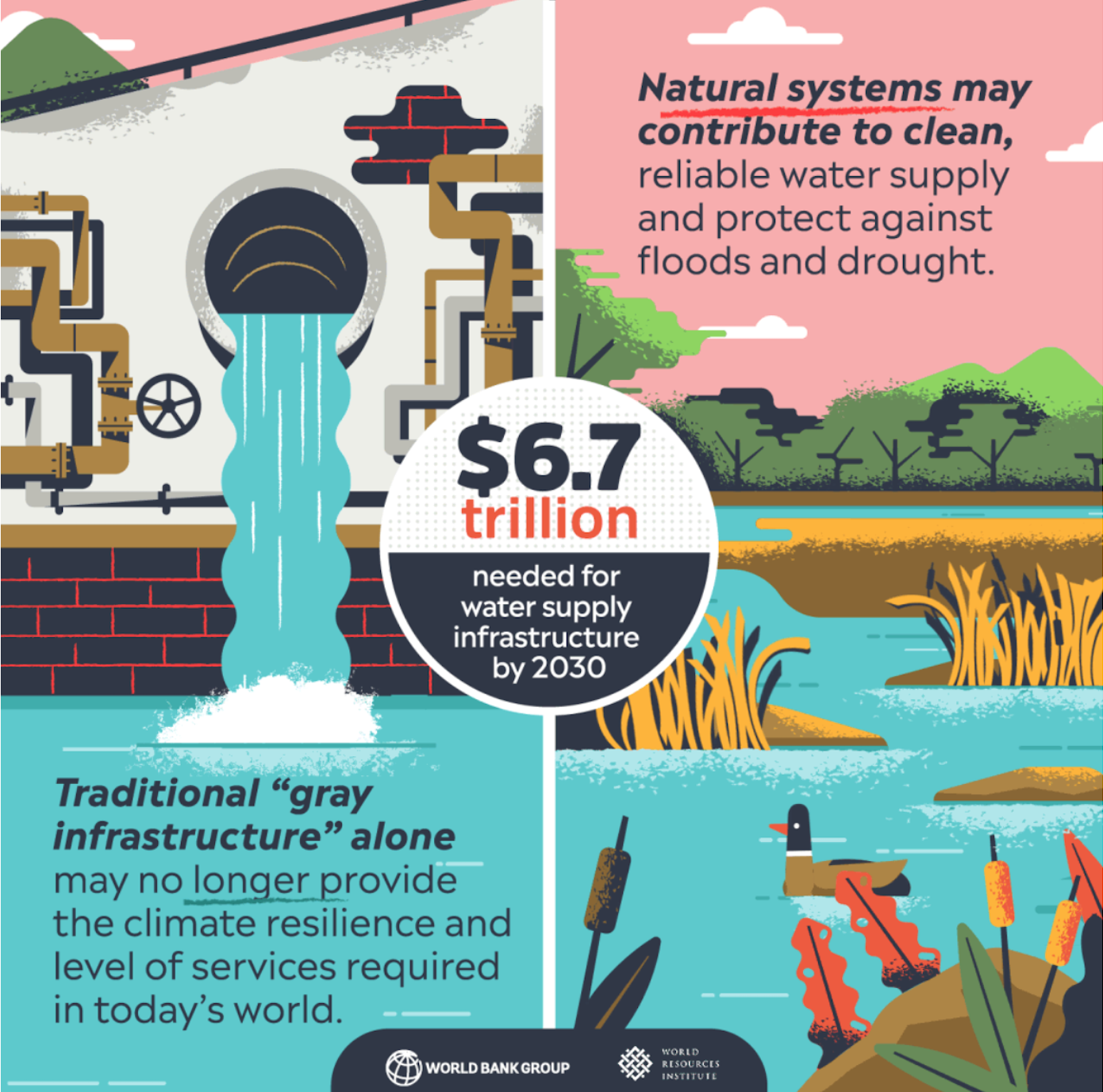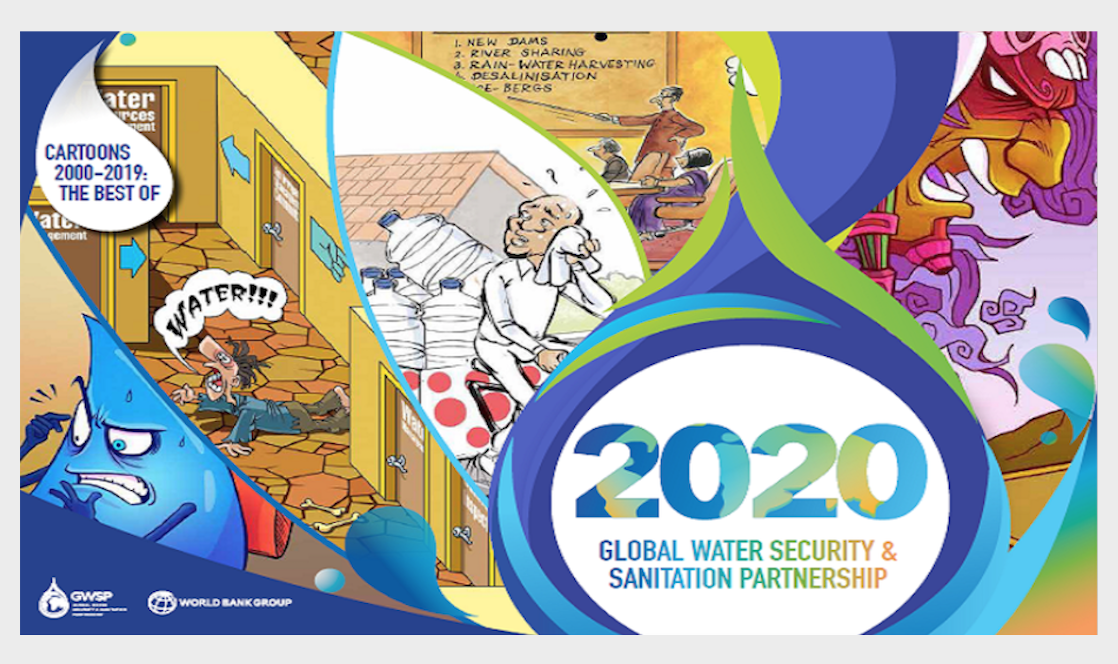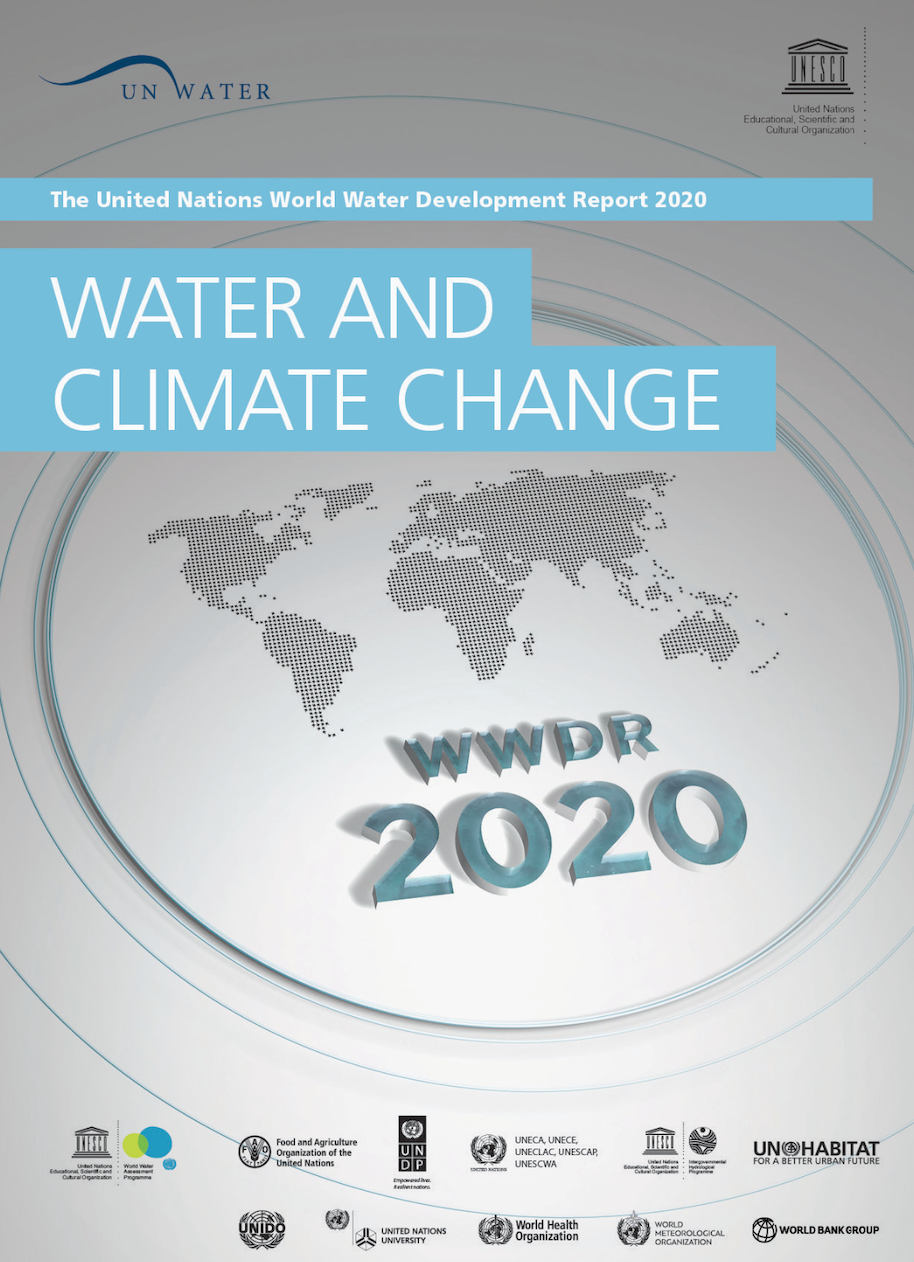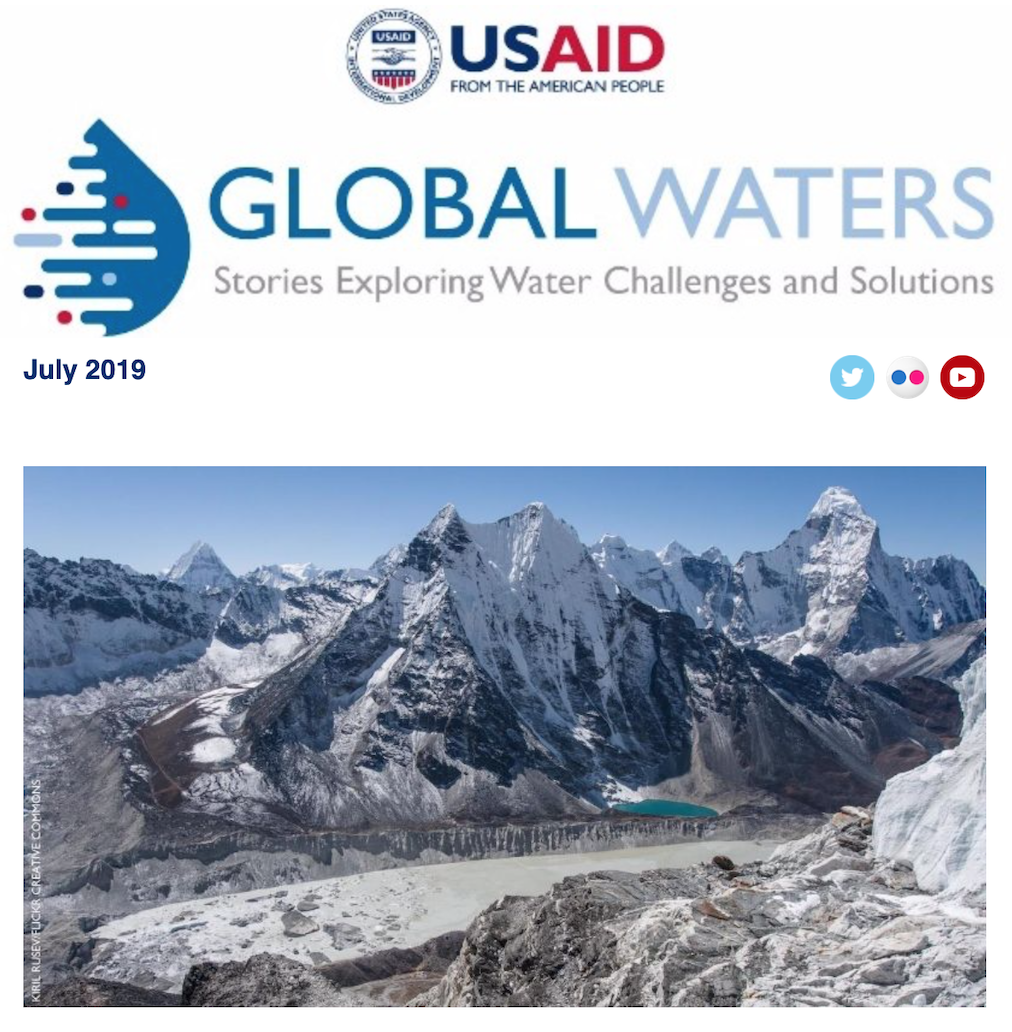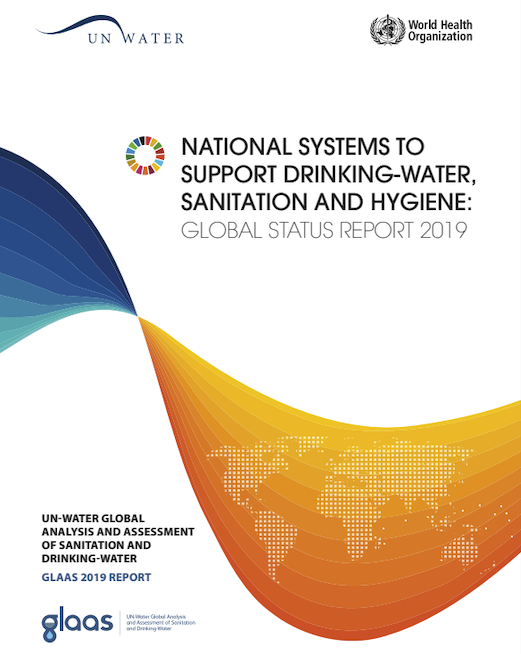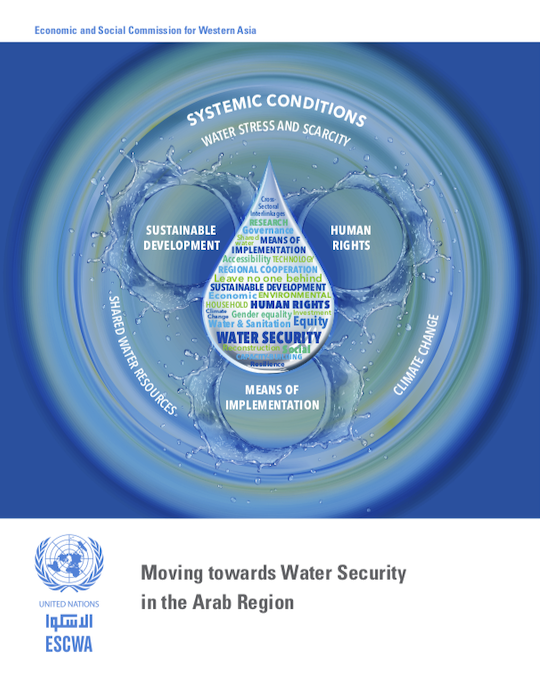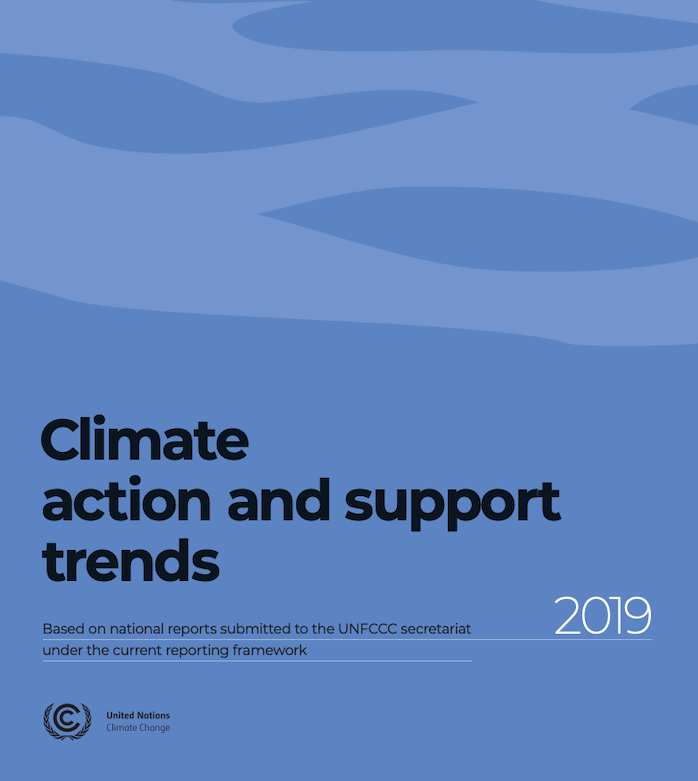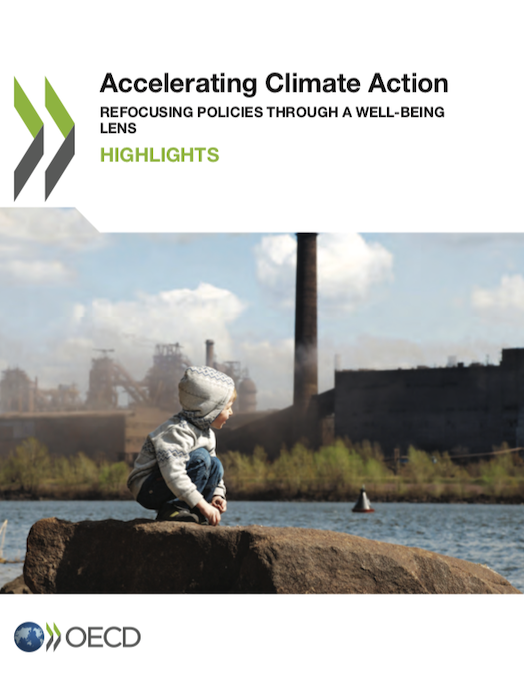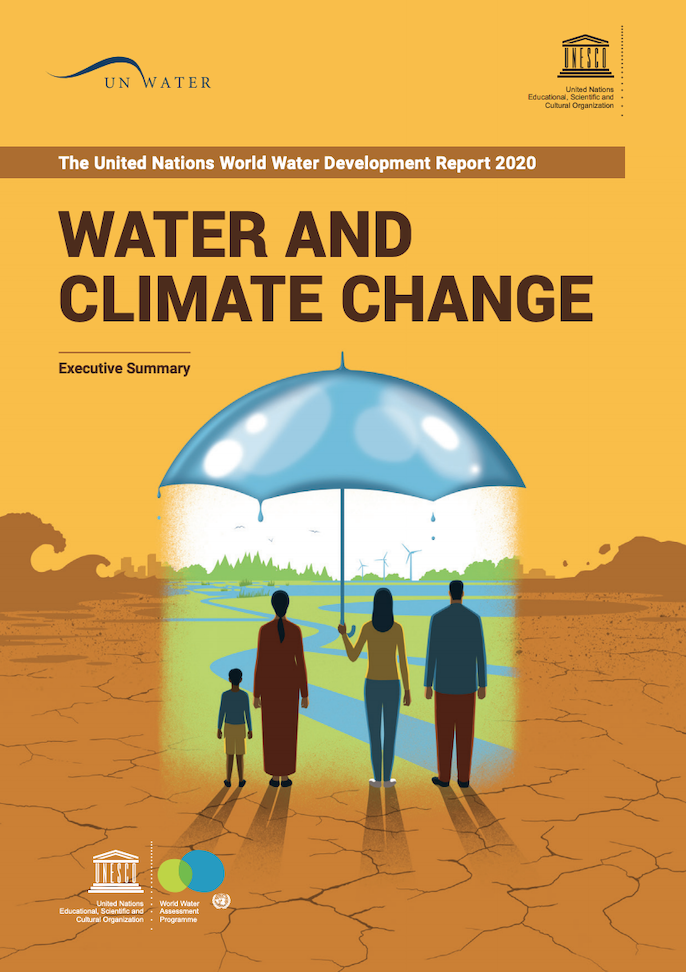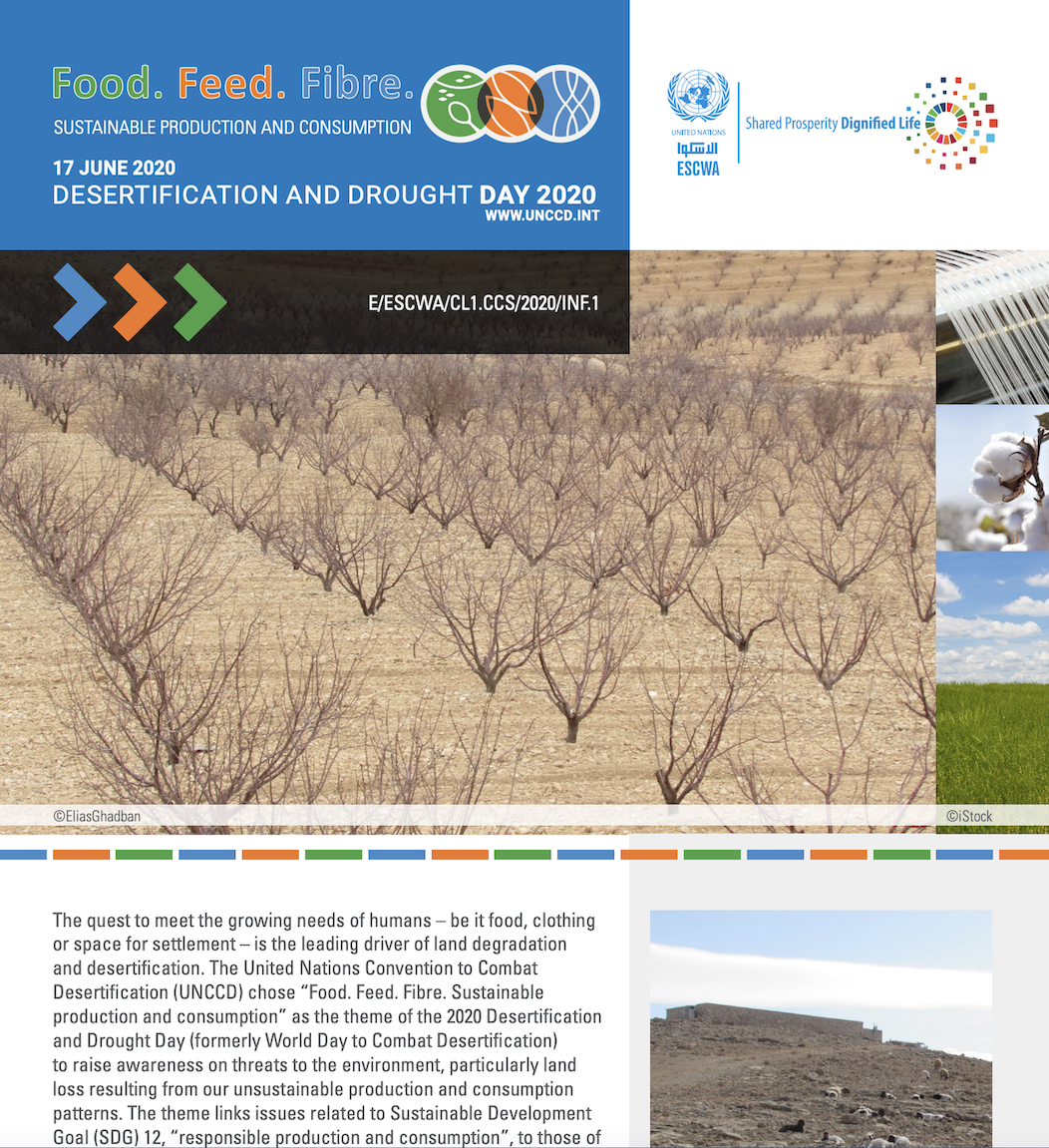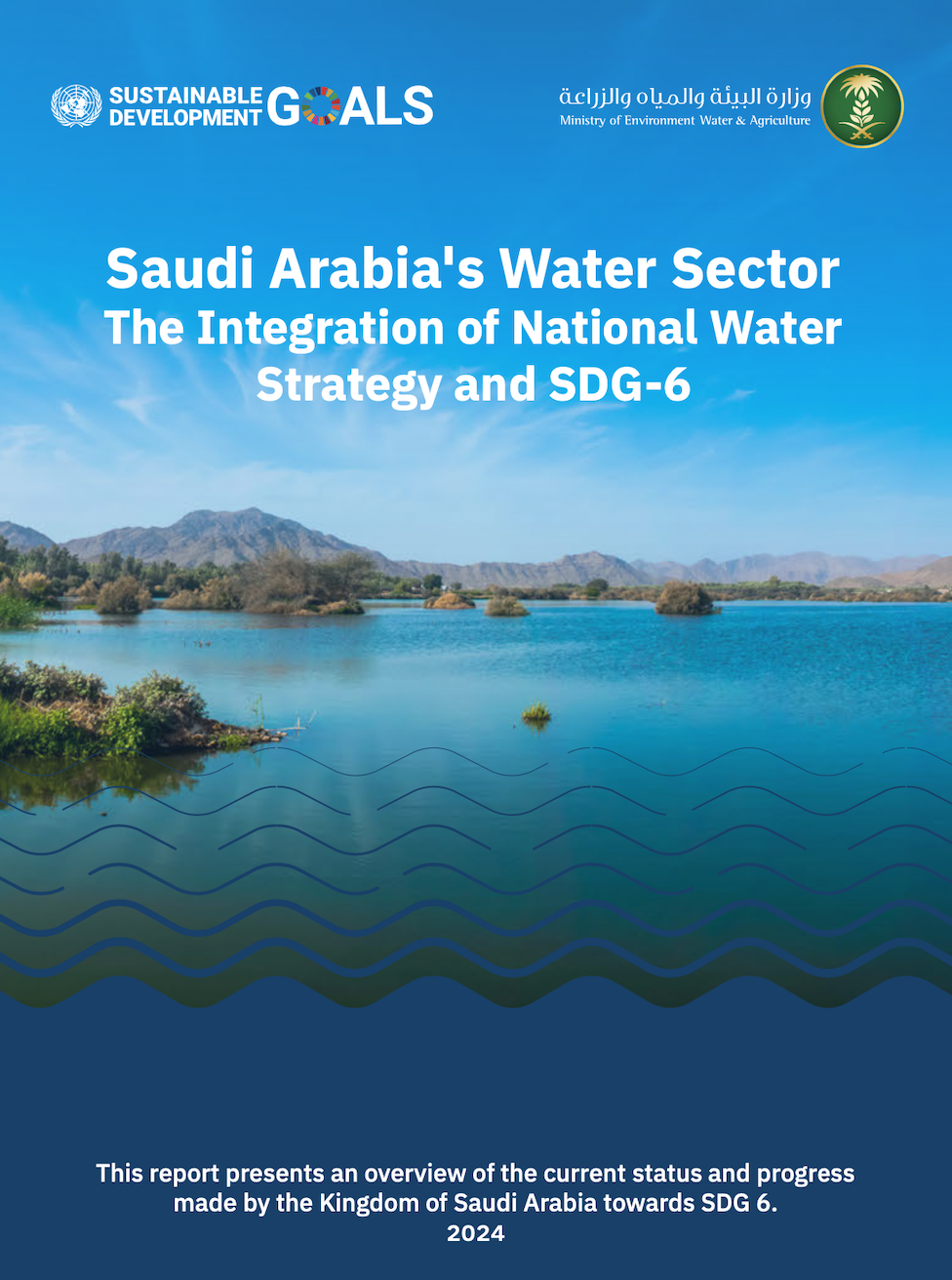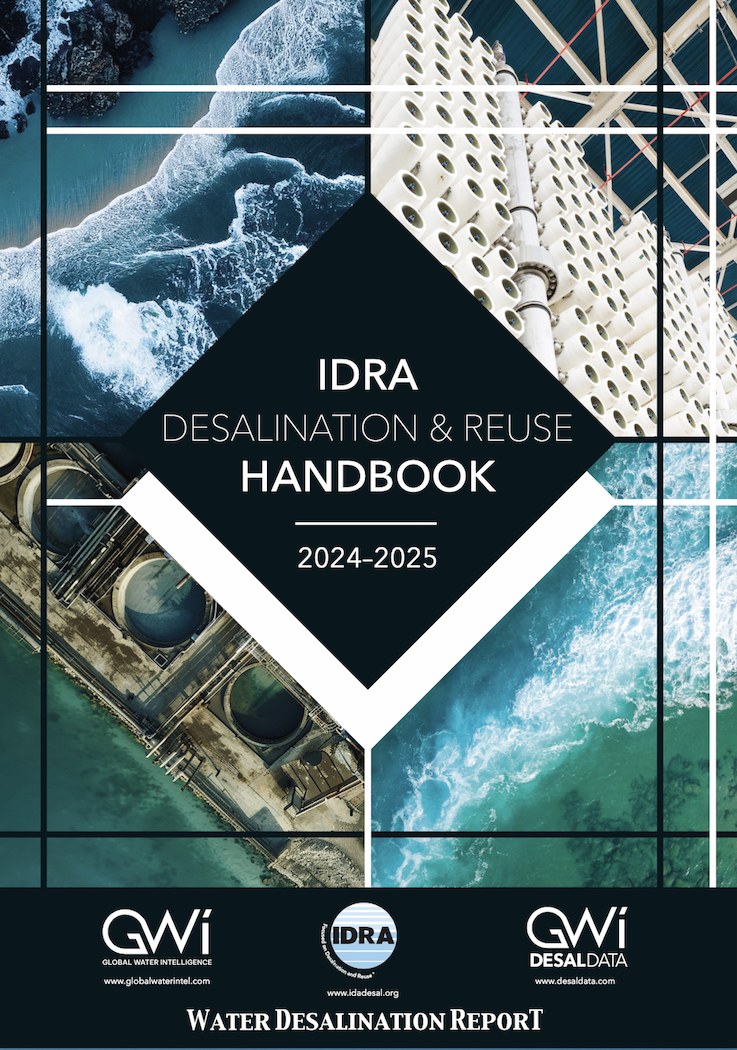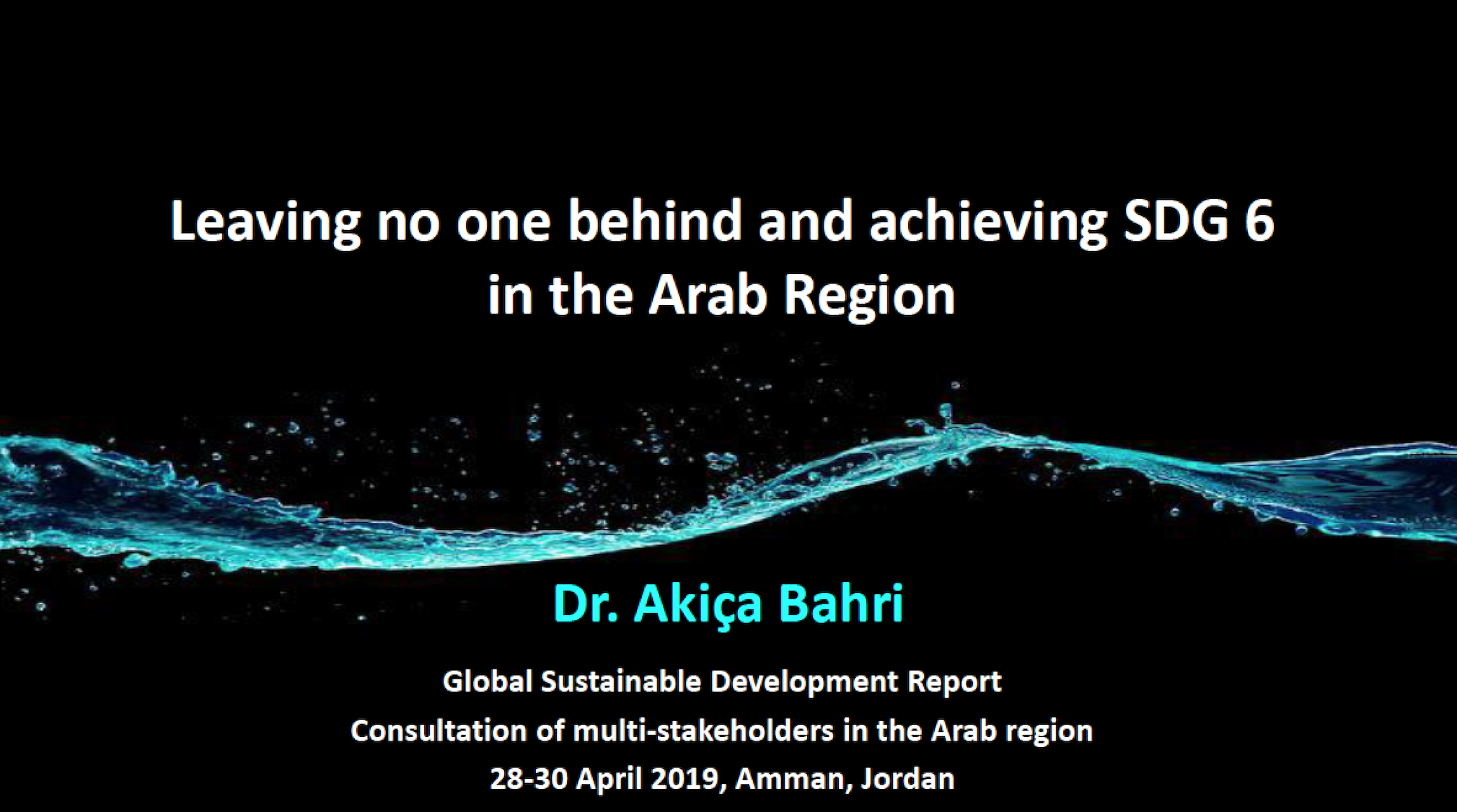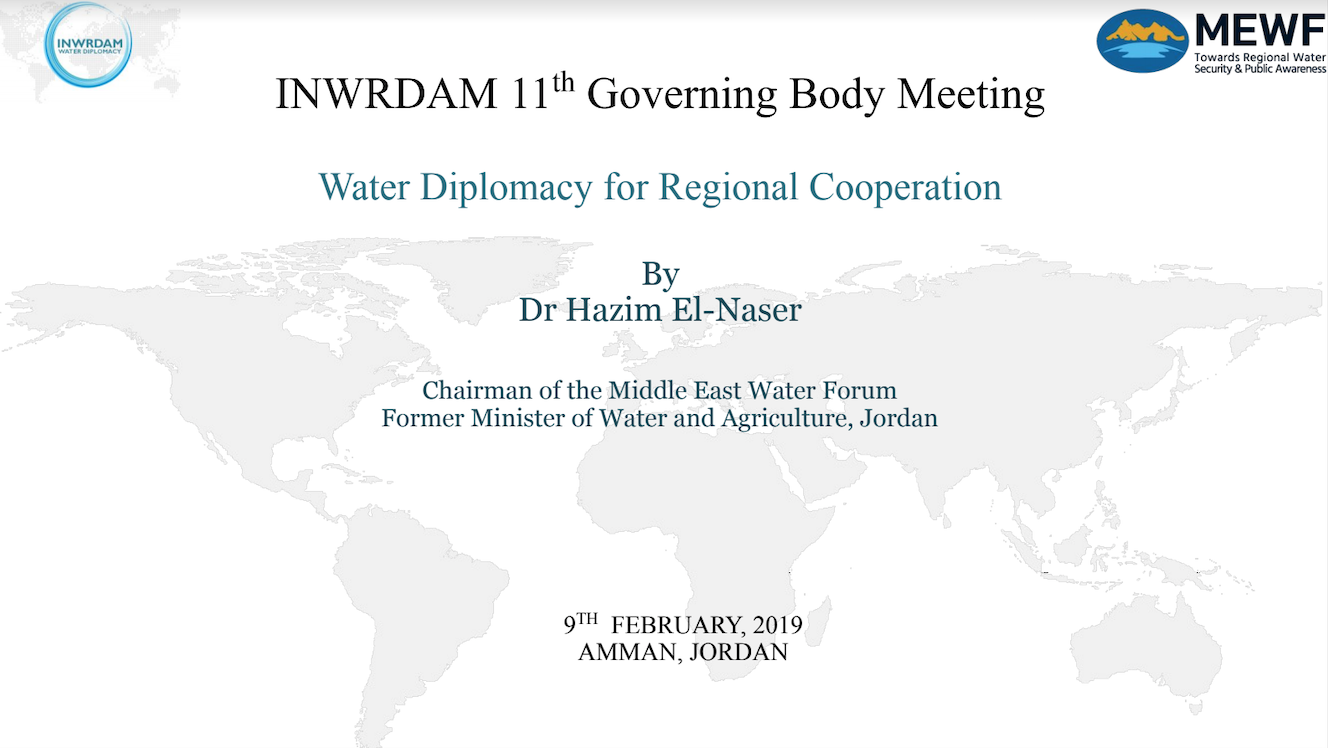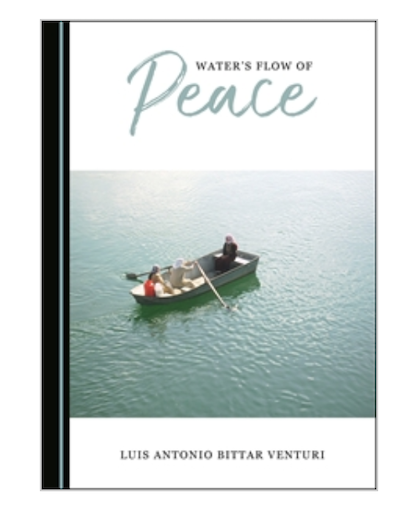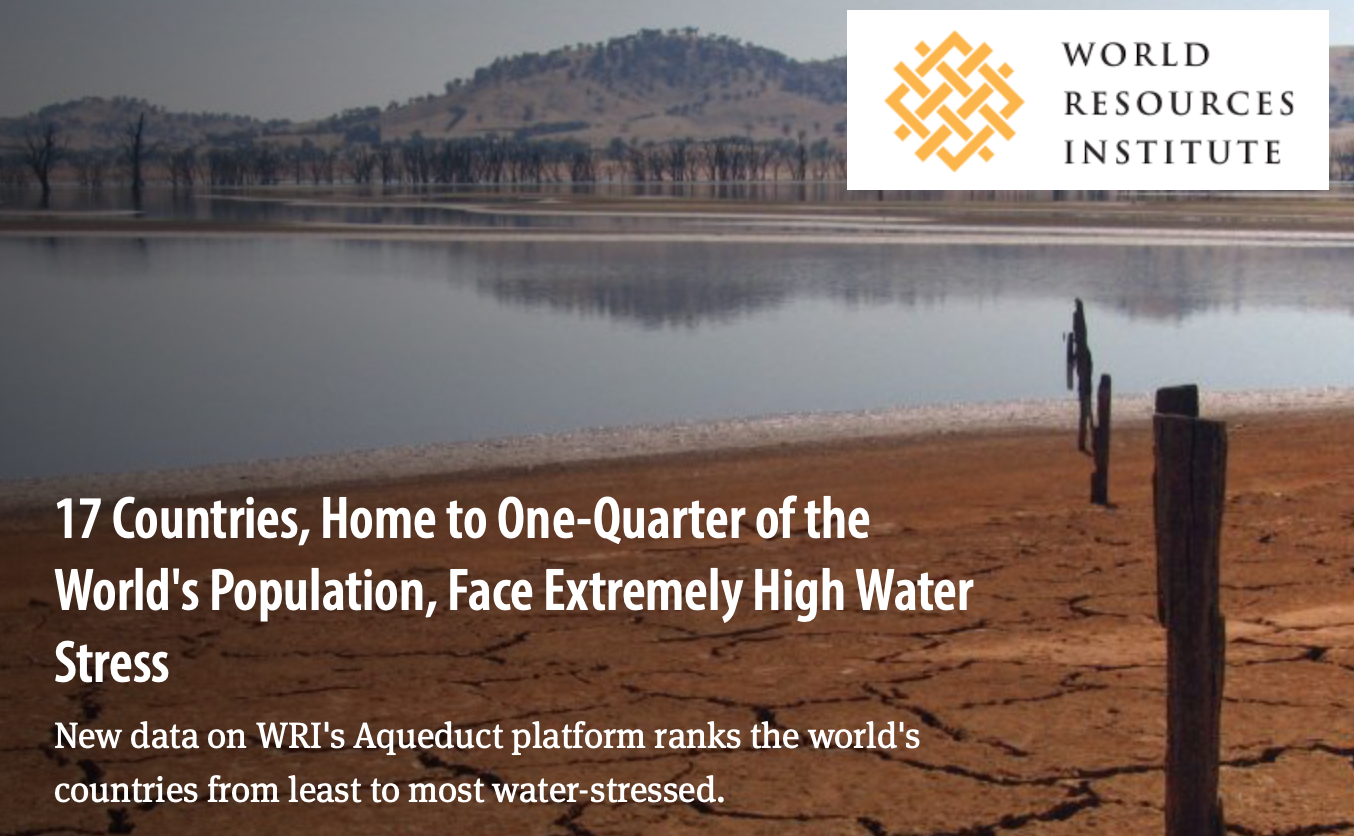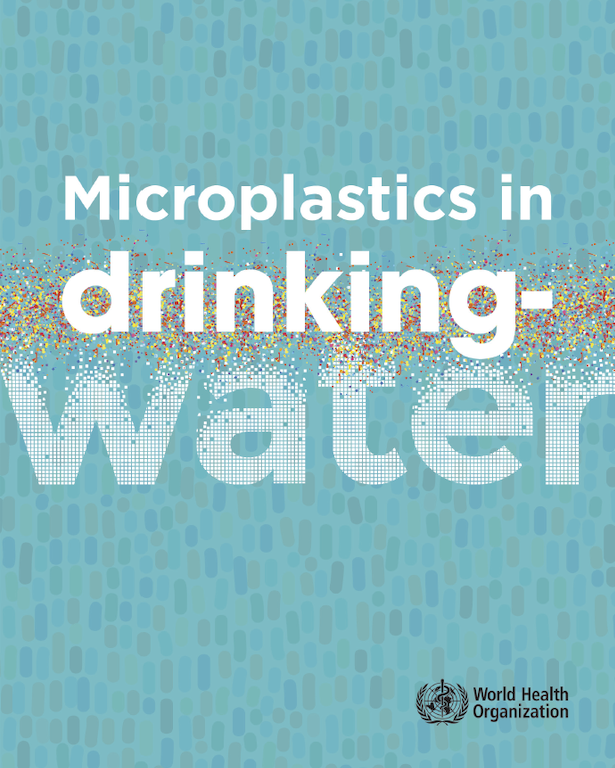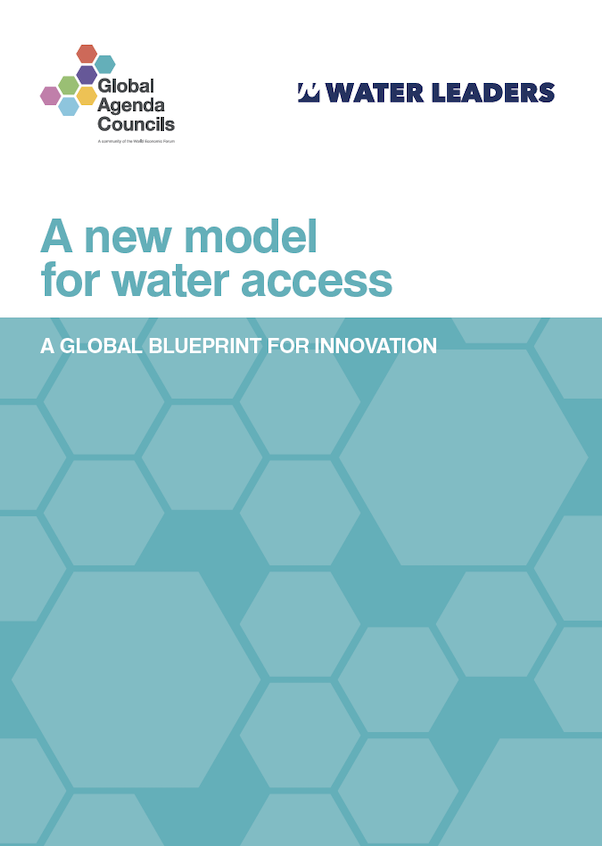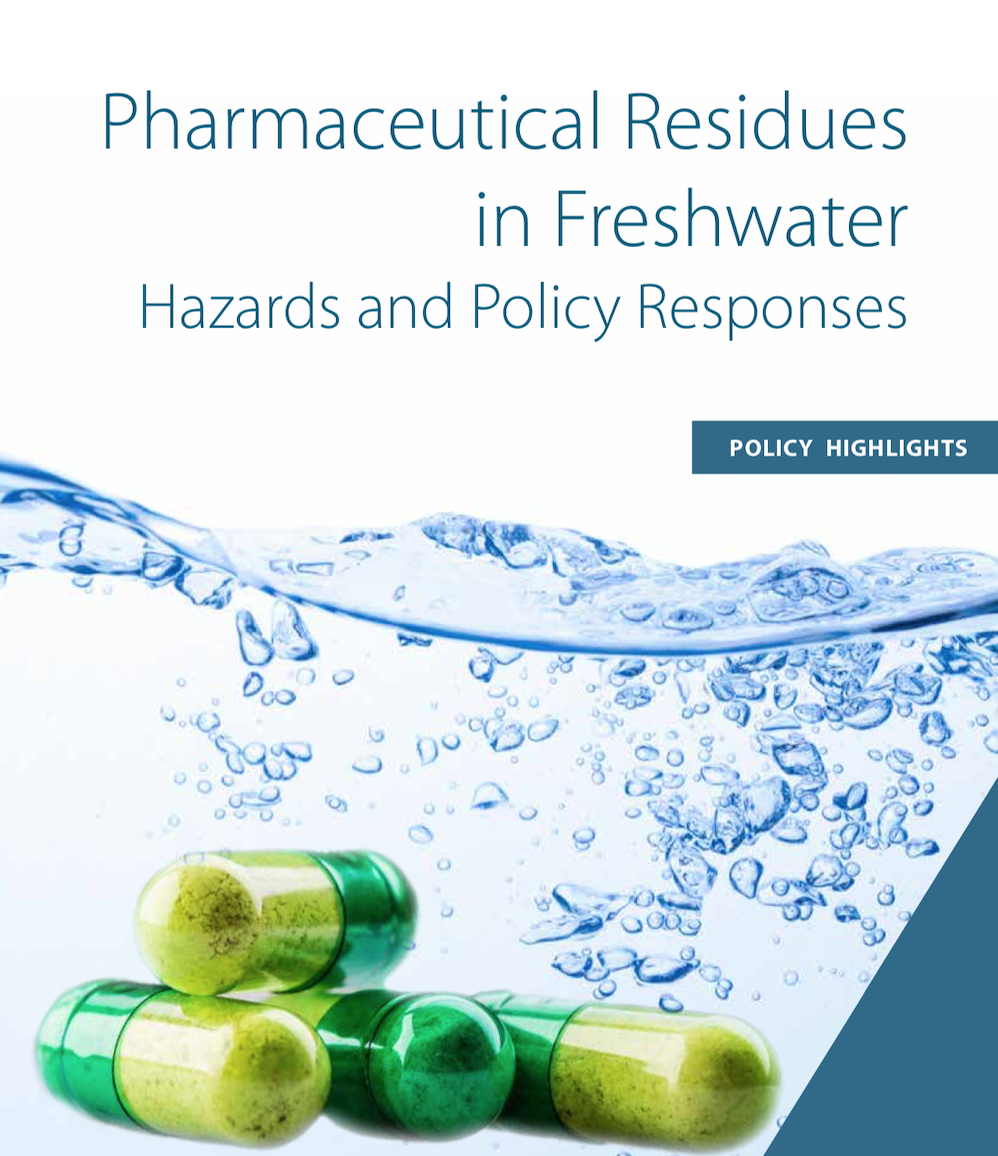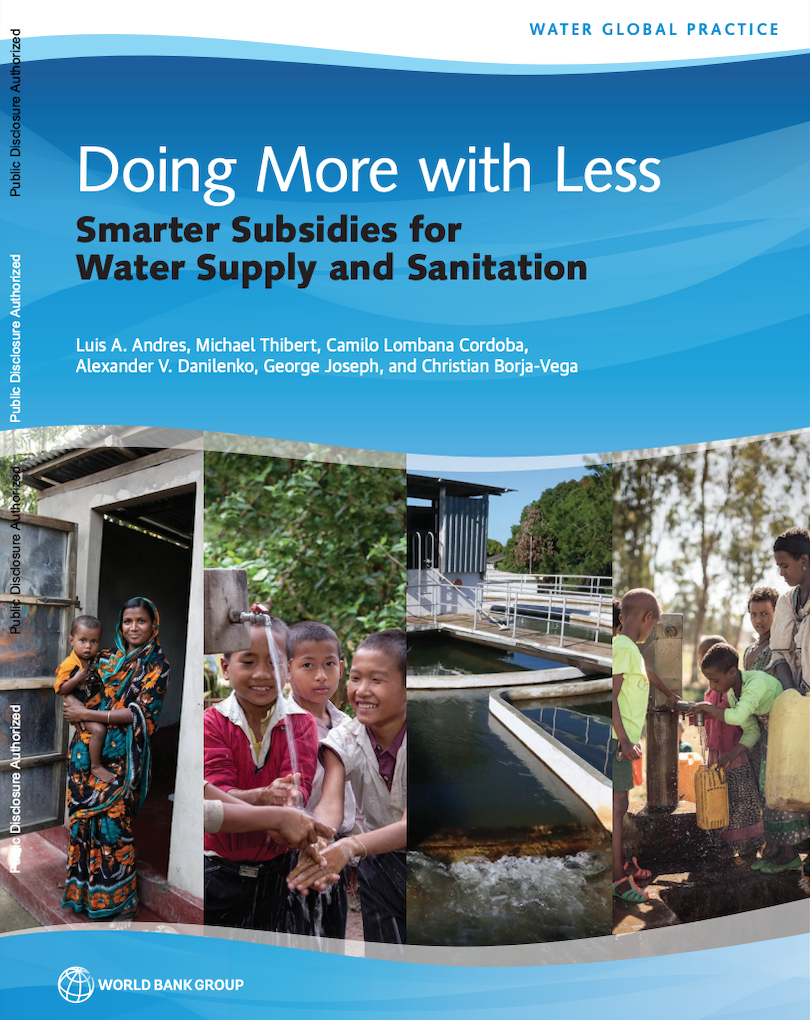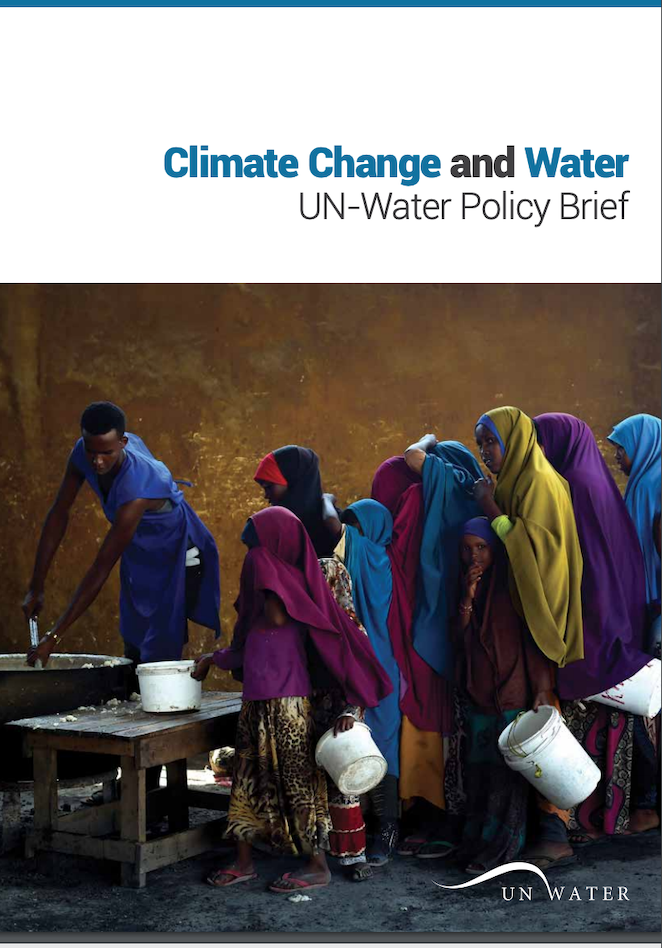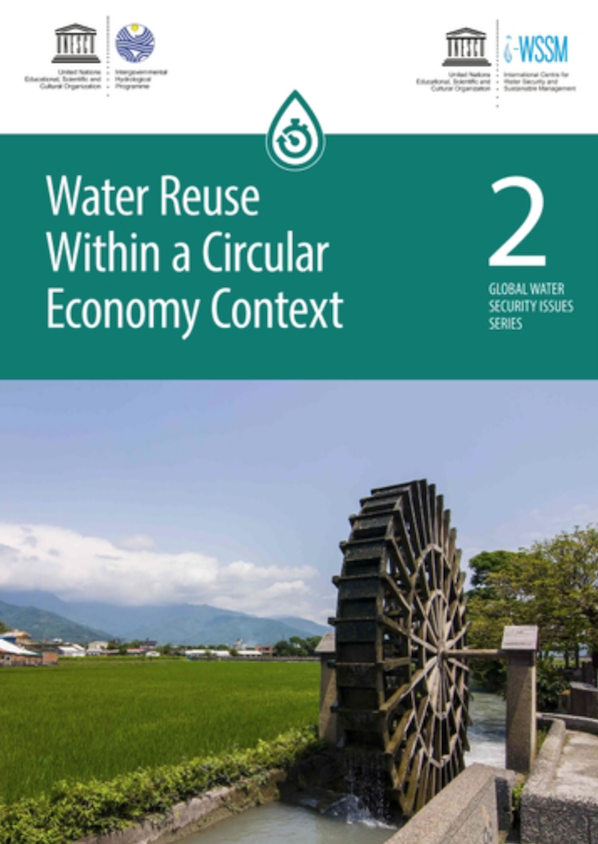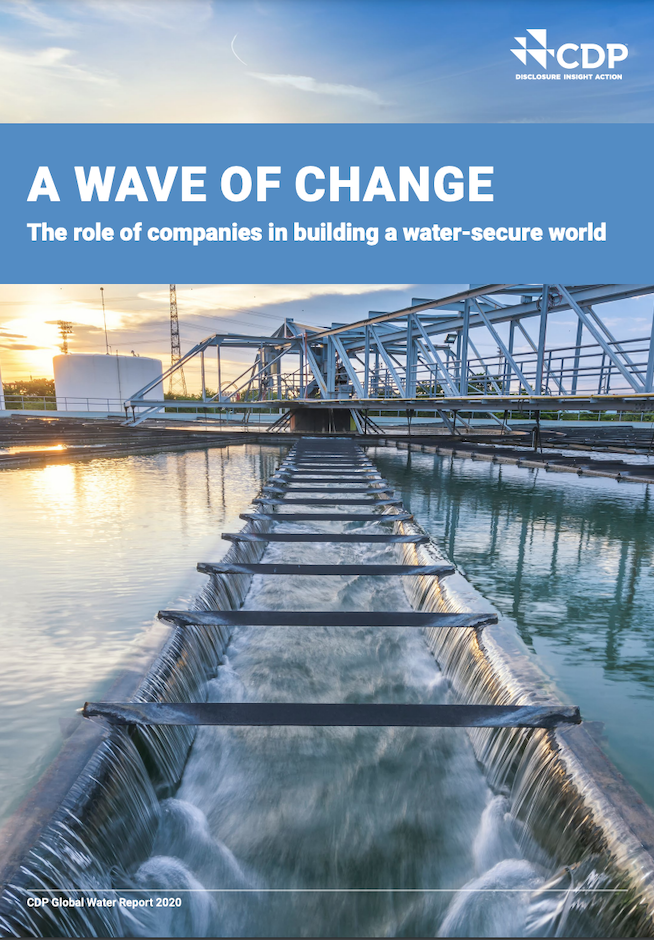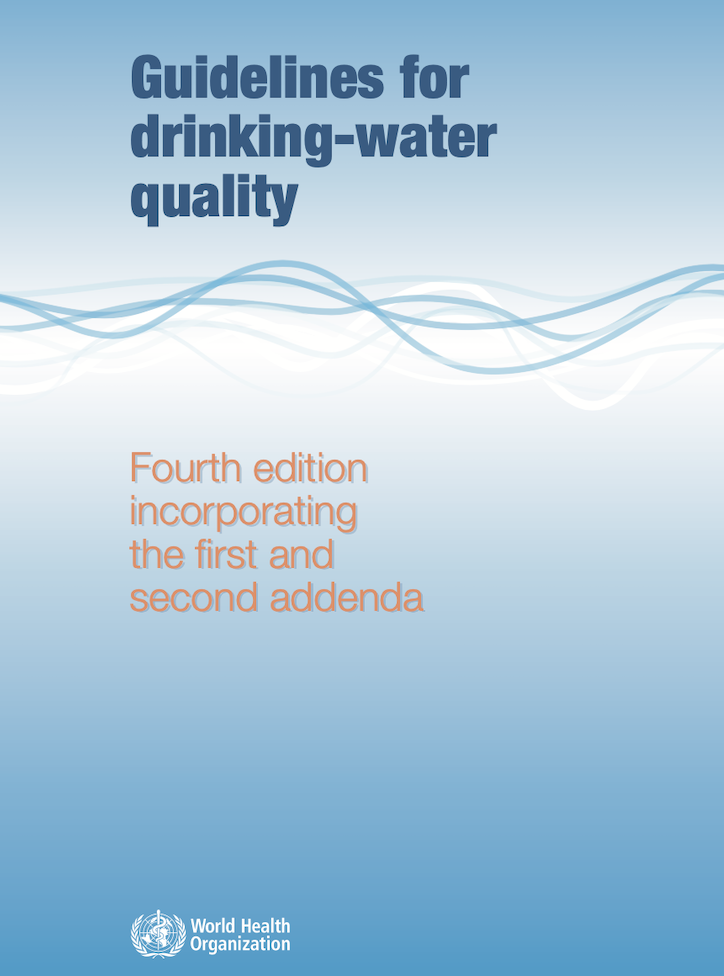
The articles were originally published at the International Water Association (IWA) website http://www.iwa-network.org/top-5-most-read-blogs-of-2018/
1. ‘Blockchain for water’ blog series
Emma Weisbord anticipated that the self professed “most significant technological advance in modern history” was worth investigating more deeply, particularly with regards its potential to help us achieve a water-wise world. This series intended to do precisely that, and tapped into an emerging buzz that certainly sparked our community’s curiosity. In part 1 of this series, the fundamentals of blockchain are explained to provide a basis of understanding of this new technology and how it could be applied within the water sector. Part 2 explores further the potential applications on the business side of the water sector, and part 3 describes how blockchain technology has evolved and how it can create a digital enabling environment for improving water governance.
2. The impact of digitalisation on the water sector – An interview with Rebekah Eggers
 The digital water technology trend has been gaining traction in 2018. IWA took the chance to get insights about the adoption of the Internet of Things (IoT) technologies like data analytics, cloud computing, augmented intelligence and blockchain by water and wastewater utilities from a top expert in this field, Rebekah Eggers, IBM’s WW IoT for Energy, Environment, & Utilities Business. This is what we learned about the digital transformation of water, how to overcome key barriers to successfully digitise water, and ultimately, who can reap the benefits of this technological revolution. Read more…
The digital water technology trend has been gaining traction in 2018. IWA took the chance to get insights about the adoption of the Internet of Things (IoT) technologies like data analytics, cloud computing, augmented intelligence and blockchain by water and wastewater utilities from a top expert in this field, Rebekah Eggers, IBM’s WW IoT for Energy, Environment, & Utilities Business. This is what we learned about the digital transformation of water, how to overcome key barriers to successfully digitise water, and ultimately, who can reap the benefits of this technological revolution. Read more…
3. Doing more with less: The new paradigm for achieving SDG6
Hassan Aboelnga, Member of the IWA Intermittent Water Supply Specialist Group (IWSSG) Management Committee was keen to share his vision for achieving SDG 6 after attending a UN Water meeting in Stockholm as a representative of the young water professionals. His message came out clearly in this blog: “Achieving the SDG6 relies not only on setting goals, but also on a responsive approach to the voice and needs of local communities and young water professionals. By engaging youth in decision-making, empowering and equipping them with skills, knowledge and confidence in their abilities, there is a real chance that global leaders can harness the potential of youth to reach the SDGs by 2030”. Read more…
4. The Future of Water Treatment: Advanced Oxidation Process
 A historic assessment of water purification infrastructure led Malini Gosh to question the readiness of our current water systems to fight emerging contaminants in a harmonious way with the environment. She proposes that dye sensitization, which has been widely studied in the development of solar cell technology, could open a new window of Advanced Oxidation Processes which can be successfully used for the purpose of water decontamination. Read more…
A historic assessment of water purification infrastructure led Malini Gosh to question the readiness of our current water systems to fight emerging contaminants in a harmonious way with the environment. She proposes that dye sensitization, which has been widely studied in the development of solar cell technology, could open a new window of Advanced Oxidation Processes which can be successfully used for the purpose of water decontamination. Read more…
5.Water Policy and Regulation, Untapped Opportunities
Carolina Latorre and Mohamed Tawfik addressed in this blog why in a sector traditionally dominated by engineers, water governance was in need of a shake-up. “Talking about governance, policy and regulations in the water sector demands understanding of the problems people face from their point of view: who the stakeholders are, what their interests are, and how to bring them together in a collaborative way”, they argue. Read more…

